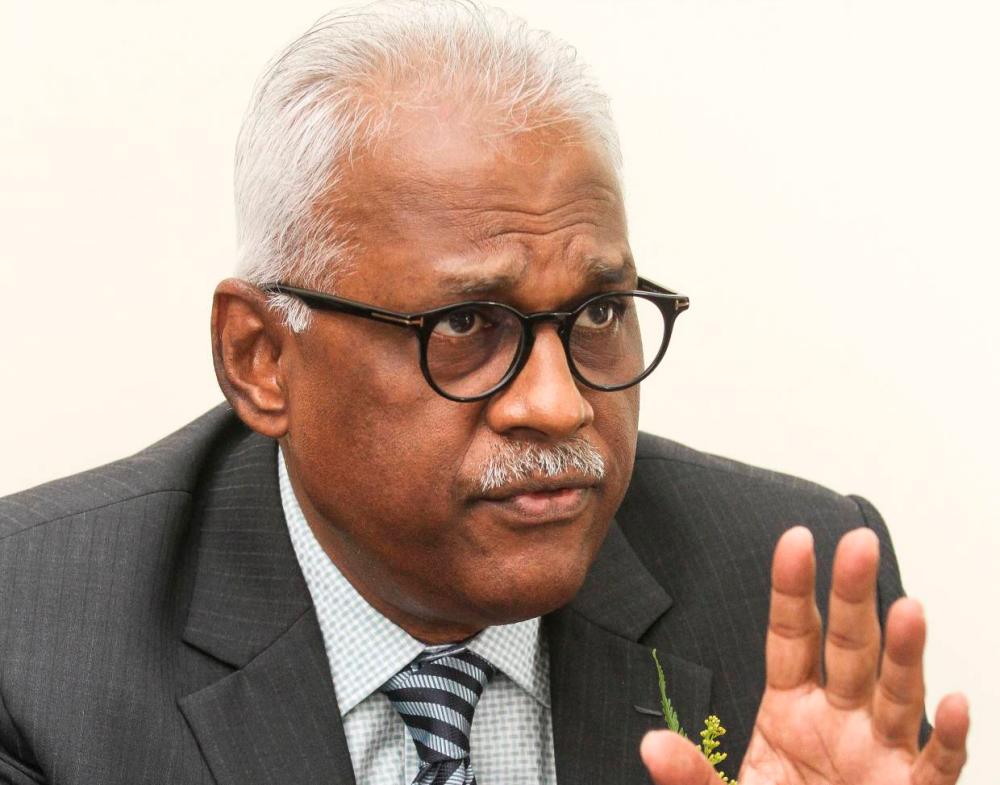GEORGE TOWN: The Finance Ministry needs to extend the coverage of its Bantuan Prihatin Nasional (BPN) stimulus package to those employed in the gig economy, says Klang MP Charles Santiago (pix).
He said the initial stimulus outreach and pay out only targeted formal employment of which some segment of workers may only be inclined to save rather than spend and it was based on a limited lock down timeframe.
The informal jobs sector, which includes daily wage earners, those earning within the digitalised economy, outsourced professions and shared services, is not unionised and has poor negotiation clout.
“There is no Employees Provident Fund (EPF) or Sosco protection for them.”
Without protection, the workers have to fix their wages and services at disapprobation higher levels which mean the low income cannot afford to pay for their services, said Santiago.
“What the country needs is to boost spending so the real economy can be reactivated and jobs saved or generated,” he added.
Santiago estimated that 5.6 million workers under the informal sector or 39% of the workforce have yet to be helped under BPN.
Although it is billed as among the highest ever bailout of the private sector in Malaysia, the RM250 billion economic packages fall short of expectations, said Santiago in an interview.
Complicating the efforts to stimulate the economy are errant employers who have decided to ditch their interests during the present times because everyone is preoccupied with the virus, he added.
Employers saddled with failing ventures in the services and manufacturing sectors have cited the Covid-19 pandemic as a chief reason to shut down or downsize, thus shifting the blame elsewhere,
“But in reality, their businesses were already failing earlier on,” he said, adding that this is one area where legal protection needs to be applied.
These include attempts to profiteer during disruptions to the global supply chain where food and other services end up markedly pricier, he said.
BPN covers mainly the M40 and B40 workers – the middle to low middle income families and students affected by the lock down of the economy, where they are paid from RM200 to RM1, 600 in one off payoffs.
Despite reopening up gradually, the private sector continues to shed jobs and undertake other cost cutting measures to stay afloat.
According to the World Bank, about 26% of the Malaysian workforces in 2017 are freelancers and that number is growing.
It is estimated that there are more than 160,000 e-hailing drivers in Malaysia but the gig economy is broader, as freelancing has been around.
Kebun Bunga assemblyman Jason Ong Khan Lee said the country may have impressed in keeping the numbers of infections at a manageable level but its biggest challenge is now reactivating an economy which was already showing signs of being wobbly.















